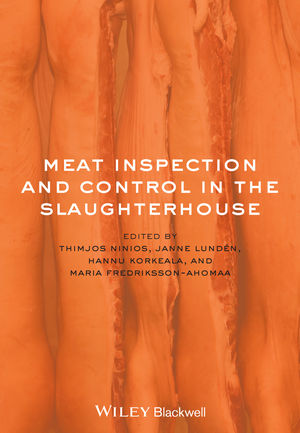Although new tariffs and multimillion-dollar jury verdicts in North Carolina hog nuisance trials have garnered most of the agribusiness community’s attention over the past several months, there is another matter brewing in a St. Louis courtroom that may have substantial adverse consequences for the meat industry.
On Sept. 26, three federal judges from the U.S. 8th Circuit Court of Appeals will hear arguments challenging the U.S. Department of Agriculture’s (USDA’s) decision last year to withdraw or withhold further action on three regulations put into play in the waning days of the Obama administration.
Many industry observers think there will be an avalanche of lawsuits and potential massive financial exposure for meat packers and poultry companies if the regulations become final.
Proposed regulations background
In November 2017, many cheered when the USDA announced it was withdrawing regulations, which, if finalized, would effectively roll back the unanimous opinions of eight federal circuit courts of appeal, all of which held that a plaintiff must prove harm to competition in order prevail in court under section 192(a) or (b) of the Packers and Stockyards Act.
Without the anticompetitive effect requirement, a farmer could essentially sue and recover damages for conduct alleged to be “unfair” or that provides another “any undue or unreasonable preference or advantage.”
The USDA’s principal reason for withdrawing or not taking any further action on the regulations was the department’s “serious legal and policy concerns related to the promulgation and implementation” of the regulations.
According to the USDA, the potential regulations would inevitably bring the agency into conflict with certain recent decisions issued by the appellate courts, which the USDA says “are unlikely” to follow the regulations. The USDA also has voiced concerns that finalizing the regulations would result in violations of the public’s right to notice and an opportunity to comment.
The parties who filed the appeal are three poultry and cattle farmers and a Nebraska-based think tank — the Organization for Competitive Markets (OCM) — that advocates “for effective regulation and enforcement by the federal government under the Packers and Stockyard[s] Act.” Together, they are asking the 8th Circuit to vacate the USDA’s actions and compel the agency to issue the regulations.
Essentially, the farmers and OCM contend that the USDA failed to meet a deadline established by Congress in the 2008 Farm Bill to establish criteria to be considered in determining whether an “undue or unreasonable preference” has been given and that the USDA’s withdrawal of the regulations was arbitrary and capricious.
Regulations surrounded by controversy
The regulations at the center of this appeal have been controversial from the start, to say the least. They attracted more than 61,000 comments from the public after they were proposed in June 2010. Later, Congress enacted appropriations riders for fiscal years 2012 through 2015 to specifically prohibit the USDA from expending funds to finalize these regulations or earlier versions.
Even the chief architect of the regulations was controversial. Dudley Butler was a former plaintiff’s lawyer from Mississippi who relocated to the nation’s capital to become the head of the USDA’s Grain Inspection, Packers and Stockyards Administration (GIPSA), which is the sub-agency responsible for enforcing the Packers and Stockyards Act. Butler famously was quoted as saying the regulations would be a “plaintiffs’ lawyers dream.”
Butler later resigned from GIPSA after Congress defunded the implementation of the sweeping reforms he helped pen and he returned to his home state to resume his prior occupation. By the way, according to his law firm’s Web site, Butler was the “Founding Member” of OCM, which filed the appeal.
After nearly a decade of debate, once the appeal is argued in September, it will be considered “submitted” and the panel of judges will prepare and issue a written opinion. A decision is likely by the end of this year or the first few months of 2019. There is little doubt that the eventual resolution of this case will have an impact on the meat industry for years to come. NP







